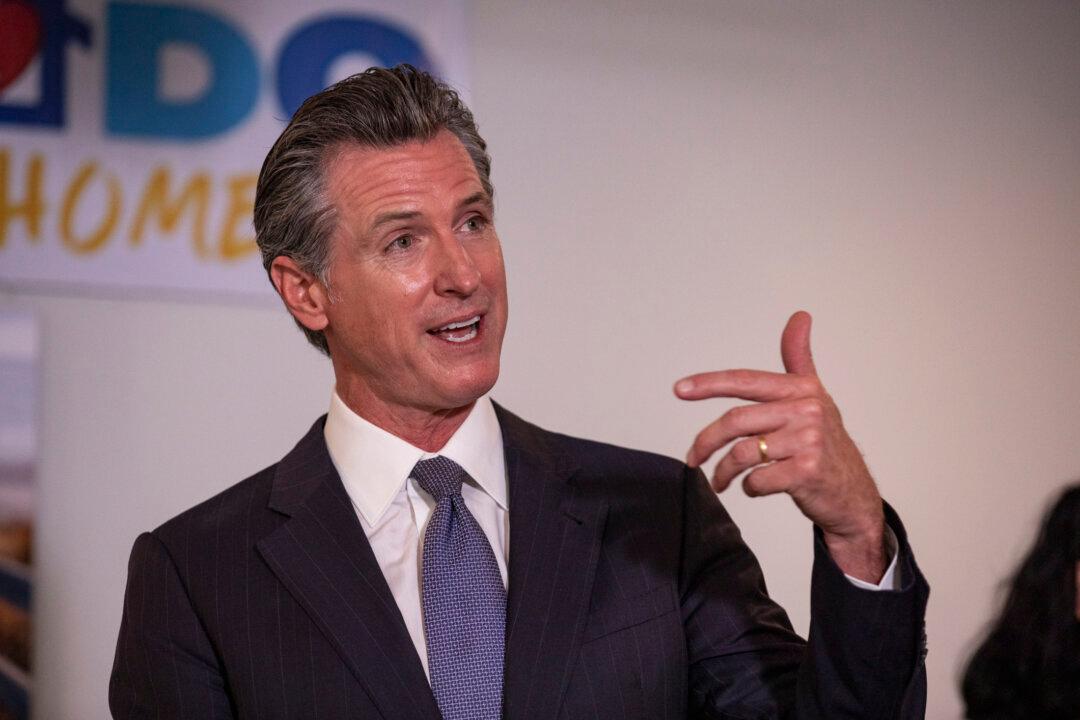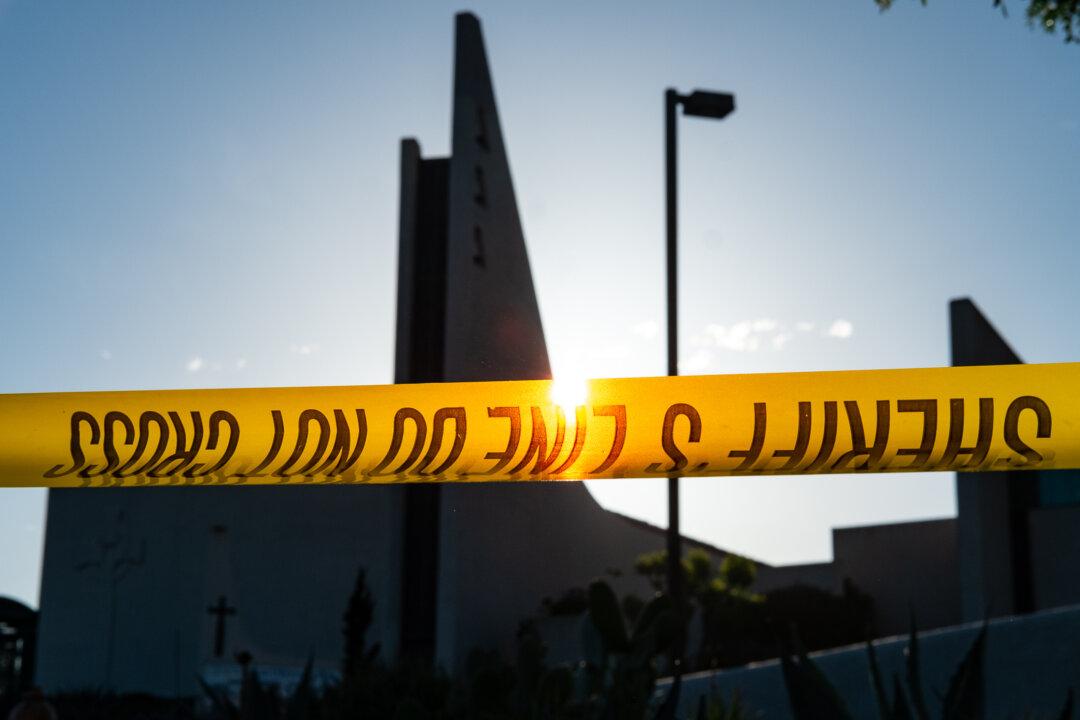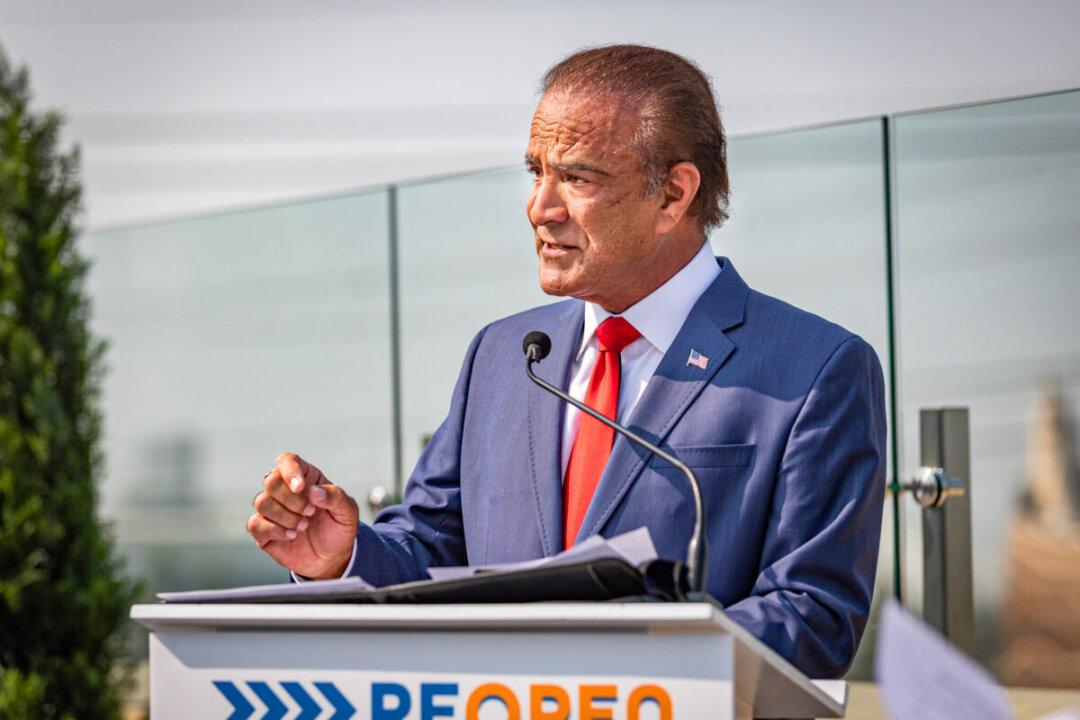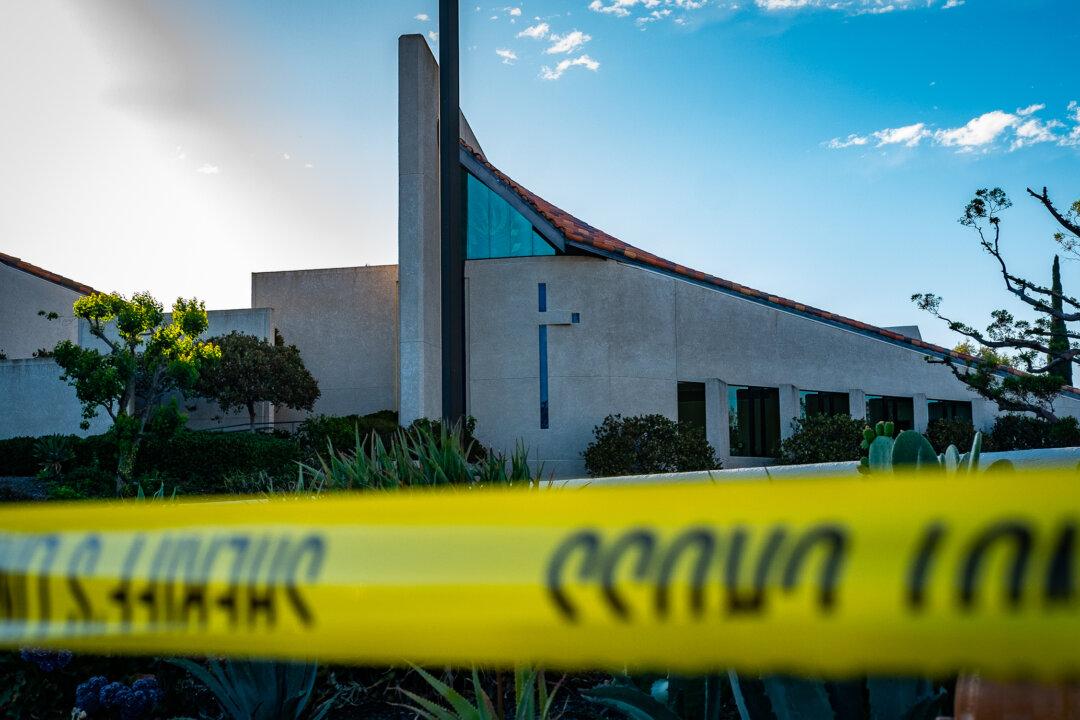As some California COVID-19 mandates have been lifted and case numbers are dwindling, some legislators are pushing back against Gov. Gavin Newsom’s state of emergency, which granted him authoritative power over lawmakers since March 4, 2020.
“We live in this state of just a one-man rule, with one person reporting to make decisions on behalf of 40 million people,” Assemblyman Kevin Kiley (R-Rocklin) told The Epoch Times.




